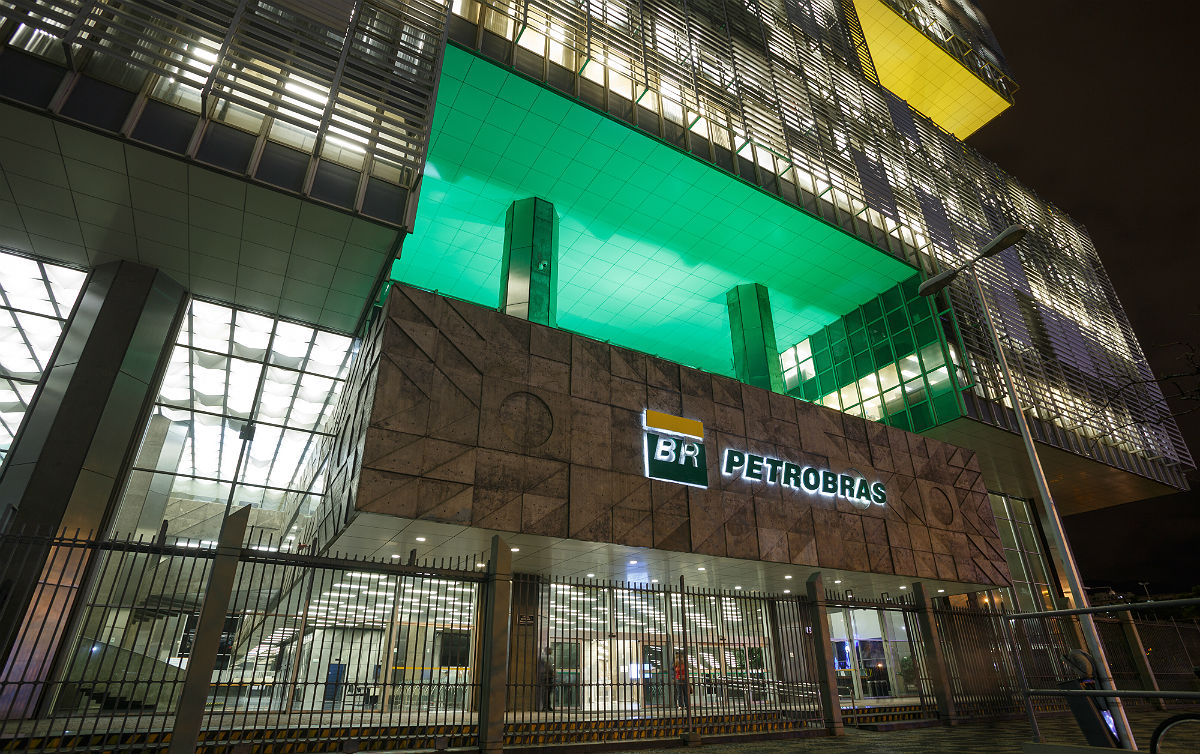
Petrobras is analyzing opportunities in markets such as small nuclear power plants, geothermal energy and different types of wind and photovoltaic energy. While participating in the Latin America Investment Conference 2022, promoted by Credit Suisse on Thursday morning, the CEO of the state-owned company, Joaquim Silva e Luna, mentioned for the first time some of the areas that are under study by the company in the energy transition scenario. Side by side with the CFO and head of investor relations, Rodrigo Araujo, Mr. Silva e Luna also reiterated that the company maintains its intention to relaunch the processes of refinery sales that have been closed without success.
Mr. Araujo confirmed that the company’s idea is to relaunch the divestments of the Alberto Pasqualini Refinery (Refap), in Rio Grande do Sul, and for the Presidente Getúlio Vargas Refinery (Repar), in Paraná. The executive did not give details about the deadlines. Petrobras signed an agreement in 2019 with antitrust watchdog Cade to sell eight refining assets outside the Rio-São Paulo axis by the end of 2021. With the pandemic, however, the processes have been delayed.
With the changes in the energy market, Petrobras’ current focus is on “the best production with the lowest carbon level,” the CEO said. “We have a commitment, an ambition aligned with the Paris Agreement, in which we have a commitment to reduce emissions from our operations by 25% by 2030,” he said.
In the CFO’s view, the company has a competitive advantage in areas such as high technology and large-scale projects “We have to analyze what kind of investment we can make for the energy transition. I understand that petroleum will still be a source that will last for a long time,” added Mr. Araujo.
There are no specific resources allocated to new energy sources yet, but studies on the company’s entry into new markets are underway at the oil company’s research center.
The CEO said that Petrobras has an expected value for the decarbonization set as a whole and does not look specifically at one project. “We don’t think about any kind of investment without the clarity that it will have a return,” Mr. Silva e Luna added.
According to the executive, Petrobras has learned from past problems to strengthen governance. “We try to make technical collegiate decisions, building a collective will about our decisions and not letting external pressures influence them,” he said.
On fuel prices, Mr. Silva e Luna said that the company has social responsibility, but that it cannot make public policy. “Our focus is on generating value for our shareholders, investors, the federal government and for society in general,” he said.
According to him, Petrobras management is committed with the investors. In the last five years the company has paid more than R$1 trillion in taxes. According to the CFO, there is comfort with the leverage of the oil company in terms of capital structure. “We see possibility and dividend return much higher than in the past, to have a more consistent and robust distribution,” he said.
Source: Valor International
